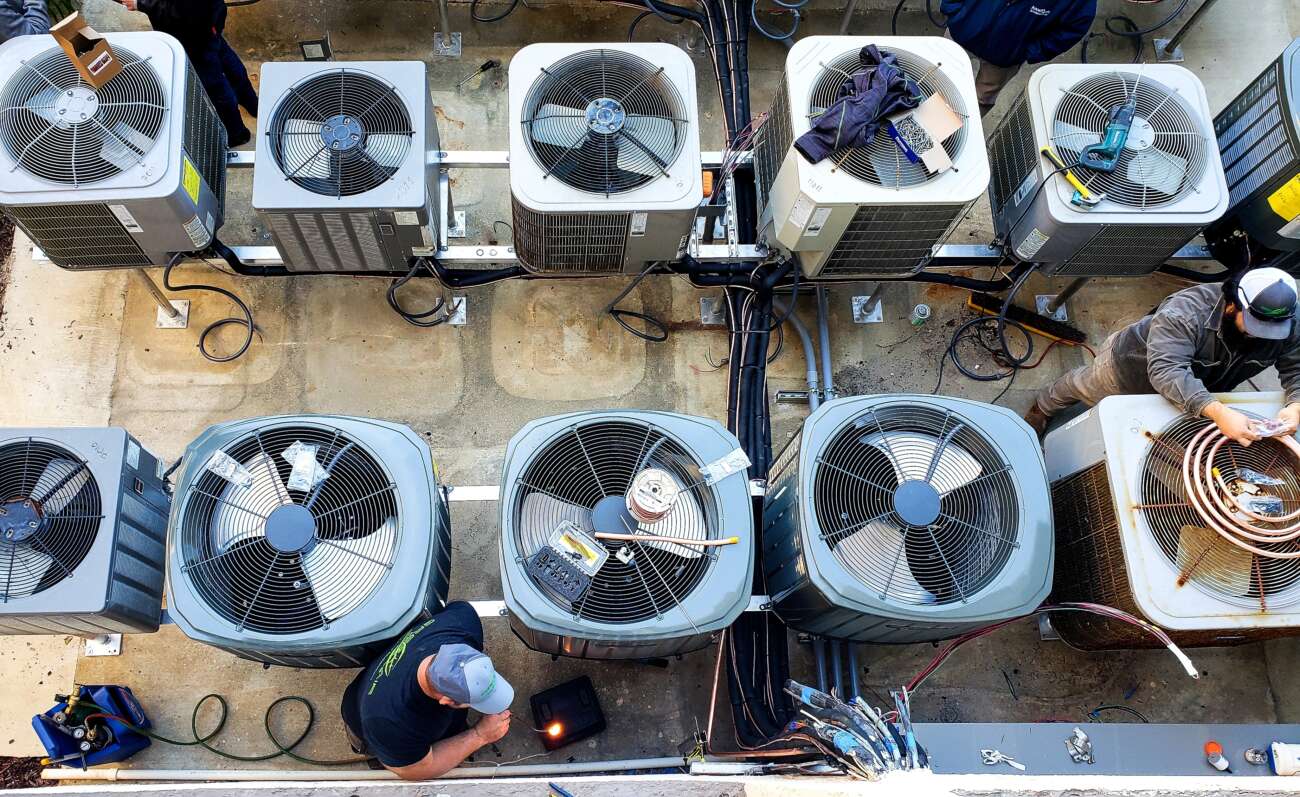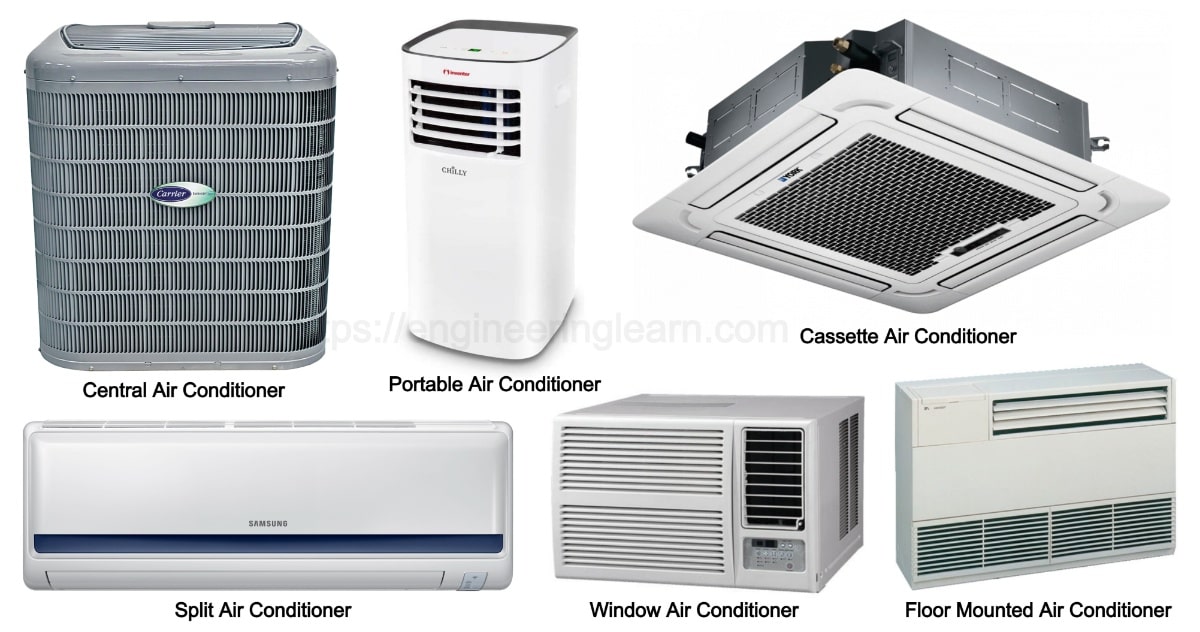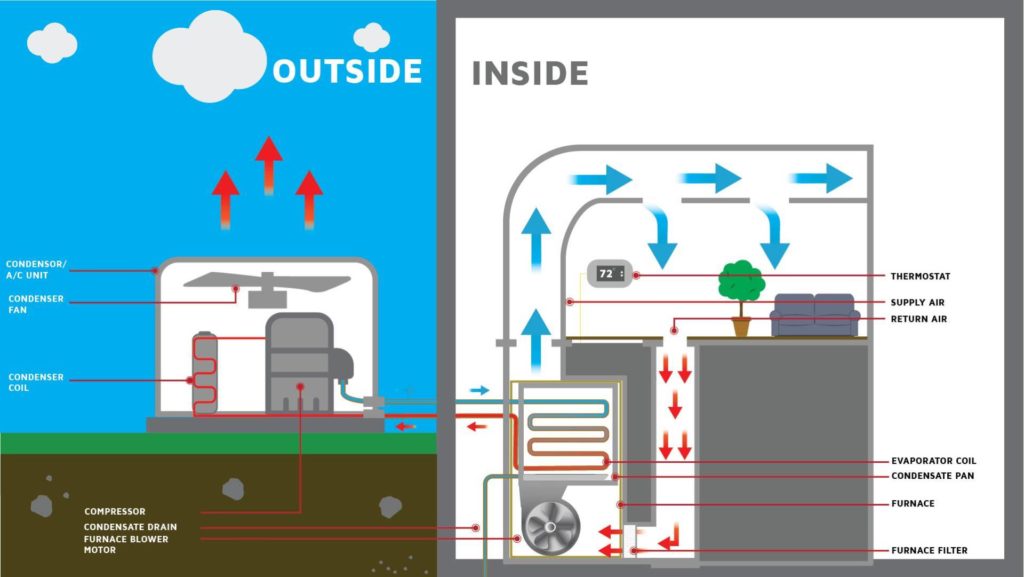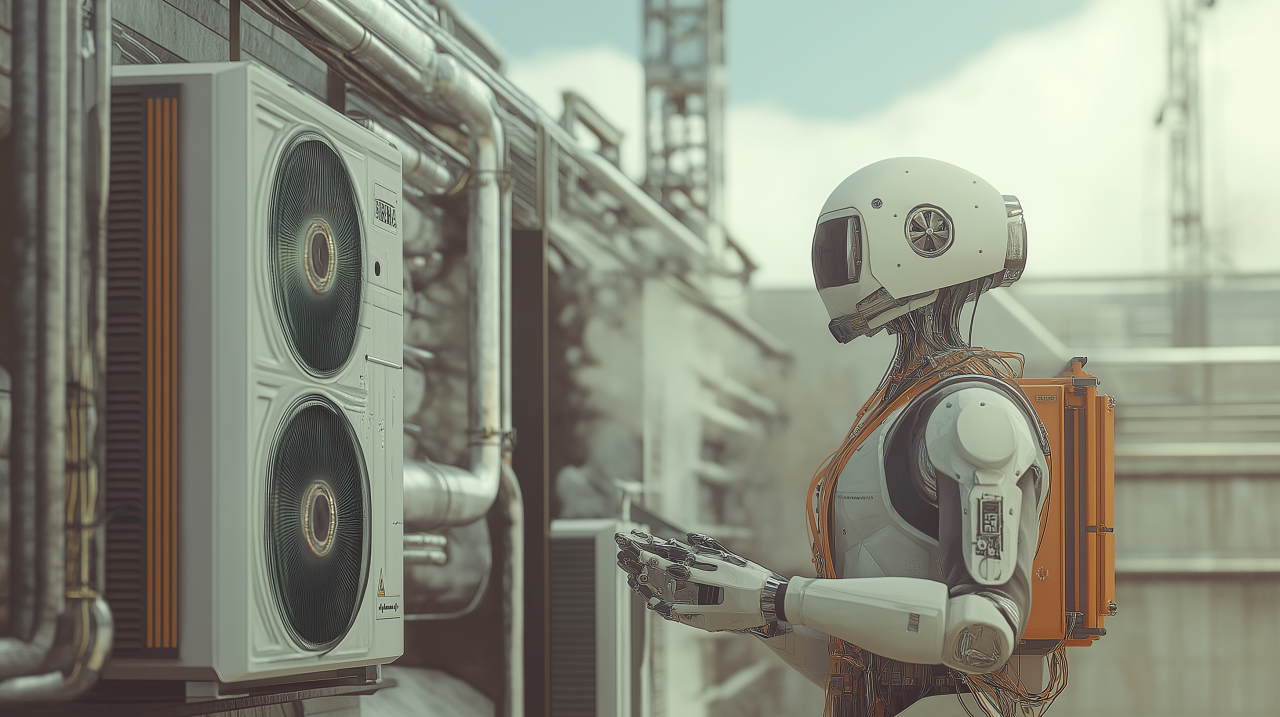When your home suddenly feels too hot in summer or too cold in winter, your HVAC system could be crying out for help. Recognizing the warning signs of HVAC failure early can save you from costly emergency repairs or complete system replacements. Whether it’s your AC not cooling, strange noises from the vents, or poor airflow, taking action quickly is key to maintaining indoor comfort and air quality.
In this blog post, we’ll uncover the top 10 signs your HVAC system needs immediate repair—plus offer expert solutions for each issue.
No Cool or Warm Air from Vents
Problem: If your air conditioner is running but not cooling, or your heater is on but no warm air is coming through, this is a red flag.
Possible Causes:
- Low refrigerant levels
- Faulty compressor
- Dirty filters
- Broken thermostat
Solution:
First, replace your air filter. If that doesn’t work, have an HVAC technician inspect the system for refrigerant leaks or thermostat issues.
Unusual Noises Coming from the HVAC Unit
Problem: HVAC systems should operate relatively quietly. If you hear banging, rattling, screeching, or grinding, something’s wrong.
Possible Causes:
- Loose parts
- Failing motor
- Debris in the blower
- Worn-out belts
Solution:
Shut off the system and call for immediate HVAC repair. Operating with damaged parts can lead to major system failures.
Unpleasant Odors When the System Runs
Problem: Musty, burning, or chemical-like smells indicate serious internal problems.
Possible Causes:
- Mold in the ducts
- Electrical issues
- Burnt wiring
- Dead pests inside the system
Solution:
Schedule a duct cleaning and complete system inspection. Mold can be harmful to your health, and burnt wiring is a fire hazard.
Frequent On/Off Cycling
Problem: If your unit turns on and off repeatedly in short intervals (short cycling), it’s not functioning properly.
Possible Causes:
- Clogged filters
- Thermostat malfunction
- Overheating unit
- Improper system sizing
Solution:
Replace the air filter and test the thermostat. If the issue persists, you’ll need a professional to assess internal components and system compatibility.
Increased Energy Bills Without Reason
Problem: A sudden spike in your energy bill without any change in usage patterns often points to HVAC inefficiency.
Possible Causes:
- Leaking ducts
- Failing components
- Dirty coils or filters
- Thermostat miscalibration
Solution:
Have an HVAC technician perform an energy efficiency audit and perform necessary tune-ups.
Weak Airflow from Vents
Problem: You feel air from the vents, but it’s weak or inconsistent in different areas of your home.
Possible Causes:
- Clogged air filters
- Leaky or blocked ducts
- Failing blower motor
Solution:
Check and replace filters. If airflow is still weak, inspect your ducts or have a professional clean them.
Leaks or Excess Moisture Around the Unit
Problem: Moisture near your AC unit or furnace is a sign of a problem that should not be ignored.
Possible Causes:
- Blocked condensate drain
- Refrigerant leak
- Faulty seals
Solution:
Refrigerant leaks are a serious health and environmental concern. Contact a certified HVAC technician immediately.
Uneven Temperature Across Rooms
Problem: If some rooms are too hot while others are too cold, your HVAC system isn’t distributing air properly.
Possible Causes:
- Damaged ducts
- Poor insulation
- Zoning issues
- Failing blower
Solution:
An HVAC professional can balance your system and check for zoning malfunctions or duct problems.
System is More Than 10-15 Years Old
Problem: Older systems are more prone to breakdowns and inefficiency, especially if maintenance has been neglected.
Solution:
Schedule a full inspection. If your unit is over a decade old, it may be time to consider a high-efficiency replacement.
Thermostat Not Responding or Displaying Errors
Problem: Your thermostat isn’t accurate, doesn’t turn on the system, or gives inconsistent readings.
Possible Causes:
- Wiring issues
- Outdated unit
- Battery failure
- Sensor malfunction
Solution:
Replace batteries first. If that doesn’t solve the issue, you may need a smart thermostat upgrade or a technician to inspect the wiring.
Final Thoughts
Catching HVAC repair issues early can prevent emergency breakdowns, save money, and ensure your indoor comfort year-round. If your system is showing any of these 10 signs, it’s time to schedule an inspection with a licensed HVAC contractor.
Frequently Asked Questions (FAQs)
1. How do I know if my HVAC system is failing?
Look for signs like weak airflow, inconsistent temperatures, loud noises, bad smells, or a sudden increase in your energy bills.
2. Is it better to repair or replace an old HVAC unit?
If your system is over 10–15 years old and needs frequent repairs, replacement is usually more cost-effective in the long run.
3. What is short cycling in HVAC systems?
Short cycling is when your system turns on and off rapidly without reaching the set temperature. It can damage the compressor and waste energy.
4. How much does HVAC repair cost on average?
Basic repairs like thermostat replacement may cost $100–$300, while more complex repairs like compressor replacement can exceed $1,000.
5. Can I prevent HVAC issues with maintenance?
Yes! Regular maintenance—including filter changes, duct inspections, and seasonal tune-ups—can prevent 80% of common HVAC problems.




Leave a Comment